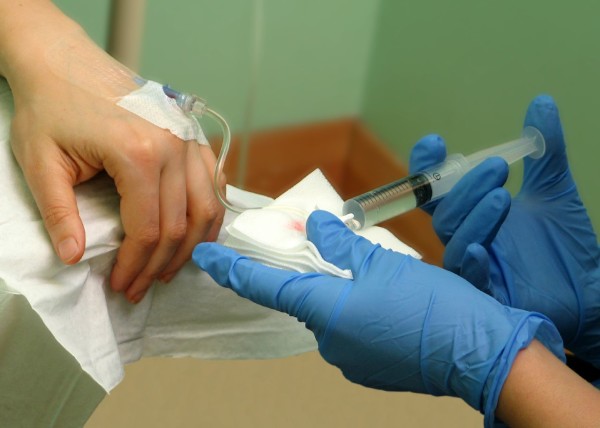Breast cancer is the second most common cancer worldwide. Because it is so ubiquitous, everyone probably knows how breast cancer is usually treated: chemotherapy. However, this treatment, which involves using different drugs and chemicals to try to kill the cancerous cells, can take the form of many medications. Some of the factors to consider when choosing the best medication for a patient are the type and size of the tumor as well as its risk of spreading.
Image Source: BURGER/PHAINE
Chemotherapy for early and locally advanced breast cancer (cancer that has not spread to the rest of the body) is usually given after the tumor has been surgically removed to prevent it from coming back. Because of this, the medications do not need to be specific to breast cancer and can be used to treat a variety of cancers. Cytoxan, a chemotherapy medication given for early breast cancer, can treat breast cancer, leukemia, and a variety of other cancers and diseases.
In the case of advanced breast cancer (cancer that has already spread to the rest of the body), the tumor has probably become resistant to many medications. Therefore, doctors may try many different medications to find one that can control tumor growth with the fewest number of side effects. These medications are usually more specific and are used to treat only breast cancer.
Image Source: Harry Sieplinga
Breast cancer chemotherapy drugs use various mechanisms to prevent cancer cells from replicating. They can disrupt the genetic material of the cells by binding to it, changing its structure, or replacing components it needs to replicate. The drugs can also prevent the cancerous cells from moving.
The way each medication treats breast cancer is slightly different. Although they use different mechanisms, breast cancer chemotherapy drugs share similar side effects: increased risk of infection, anemia, fatigue, nausea, and vomiting. However, some drugs will cause additional side effects, such as numbness in fingers and toes or discoloration of the skin. Notably, drugs that use the same mechanism may have a shared side effect (i.e. Xeloda and Gemzar both replace components required for replication and can both cause an elevation in liver enzyme levels).
Though it is very widespread, breast cancer can be a terrifying and unexpected diagnosis. It may seem even more daunting when considering the wide variety of treatment options. However, with the proper research and aid from a professional, the best breast cancer chemotherapy treatment for each individual can be found.
Featured Image Source: Bring on the Taxotere by Phil and Pam Gradwell










